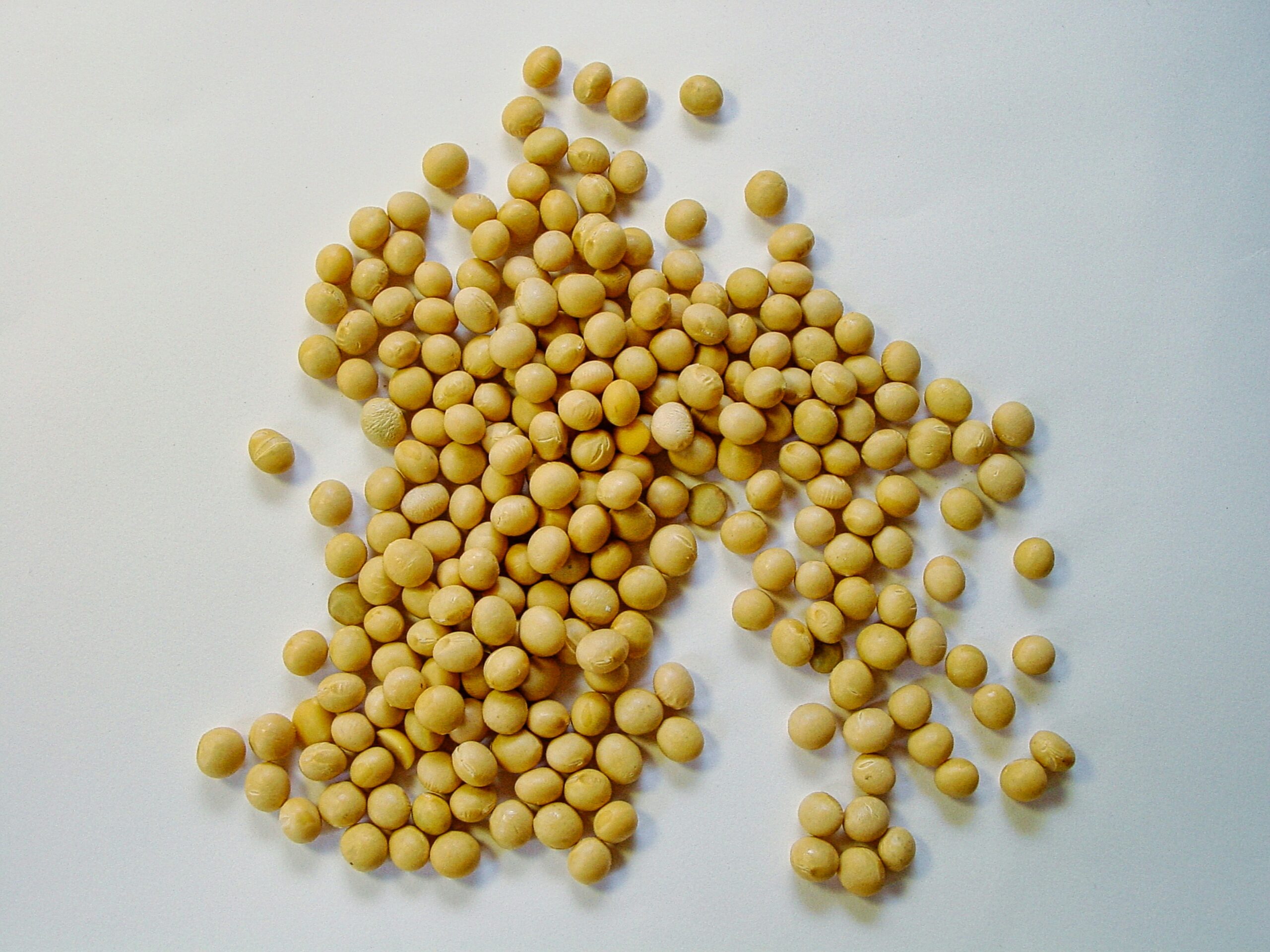As a result of the tariffs imposed under President Trump’s administration, China, once the biggest buyer of American soybeans, has stopped buying from the U.S. completely. This has caused a huge blow to American farmers who relied heavily on that market. Their main buyer is gone, and they are now struggling to find new ones.
Argentina Gets U.S. Aid, Then Sells Soy to China
Ironically, around the same time, the U.S. government offered Argentina a large financial aid package to help fix its economy. Soon after receiving this support, Argentina dropped its export taxes on soybeans and immediately sold huge quantities to China, filling the gap left by U.S. farmers.
The American Soybean Association strongly criticized this, pointing out that while American farmers were unable to export to China because of the tariffs, Argentina and Brazil quickly took over that market.

Farmers Speak Out
Many American farmers are angry and confused. One farmer expressed his frustration, saying, “I turn the news on and we gave $20 billion of taxpayer money to Argentina, my competition. And then the Chinese buy $12 or $14 billion worth of soybeans from the Argentinians.”
Farmers argue that government bailouts don’t fix the real problem. They say they need open markets, not compensation checks. Without buyers, their crops simply sit unsold.
Economic Fallout and Political Pressure
Soybeans are one of the U.S.’s biggest agricultural exports. Now, with China gone as a customer, prices have fallen, stockpiles are growing, and farmers’ profits have taken a deep hit.
The Trump administration is reportedly considering new support measures for farmers, possibly $10 billion or more, to be funded through tariff revenues. However, this hasn’t stopped criticism from within his own party. Some Republicans are furious that U.S. money is being used to help Argentina, a country now competing directly against American farmers.
What It Means Moving Forward
This situation shows a strange twist in U.S. trade policy. The tariffs meant to protect American industries have ended up hurting farmers at home, while U.S. aid has strengthened foreign competitors.
Unless China reopens its market to U.S. soybeans or new buyers are found soon, many farmers might not survive the financial hit. The aid to Argentina may serve political goals, but for struggling American farmers, it feels like adding salt to an open wound.

















